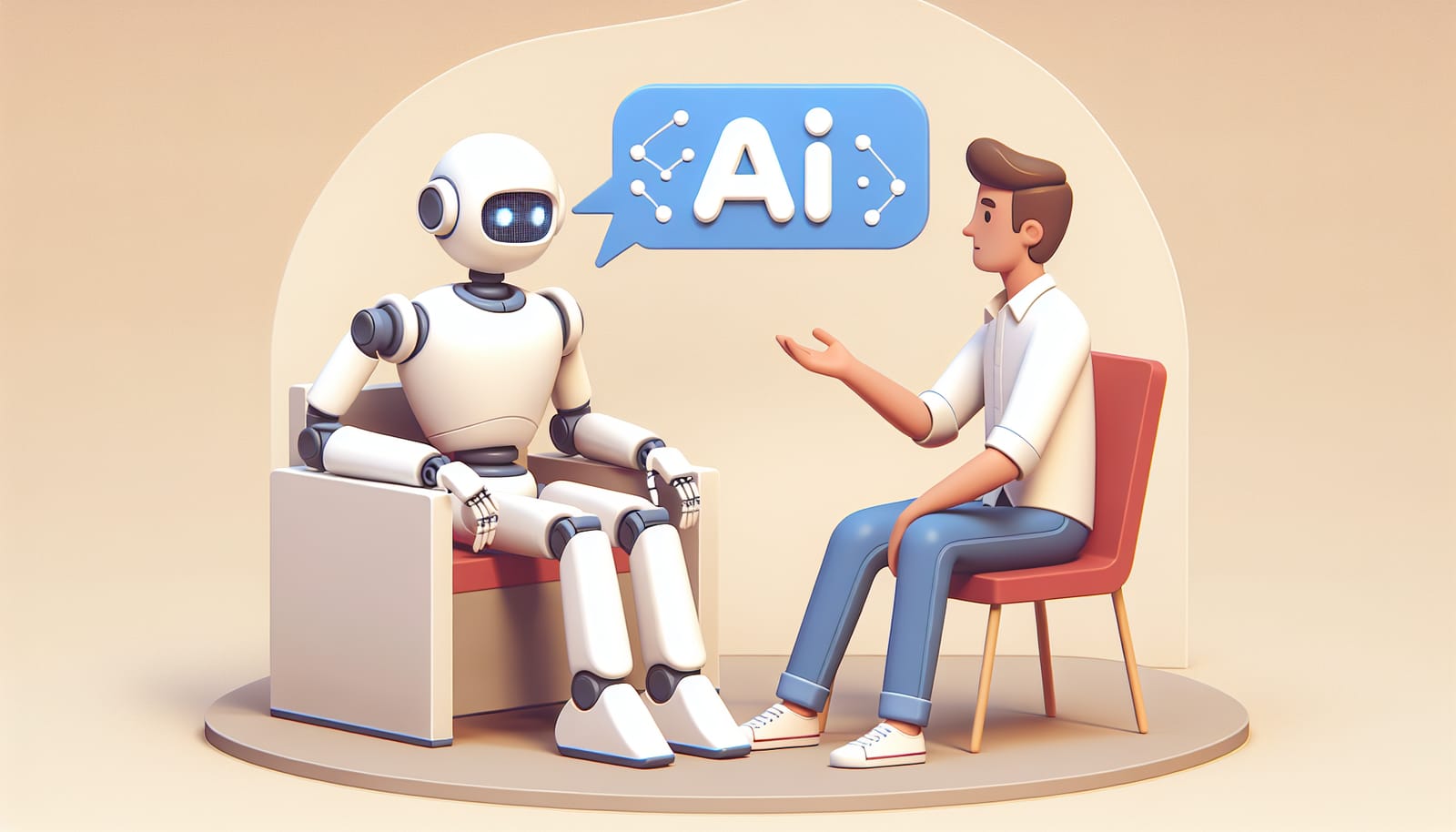Artificial intelligence (AI) has become a buzzword in today’s technology-driven world. From the way we search for information online to how we interact with smart devices, AI is all around us. But beyond the programs and algorithms we use daily lies a fascinating concept known as "General Intelligence." In this article, we'll explore what General Intelligence in AI means, how it differs from other forms of intelligence, and whether we are anywhere close to achieving it.
What Is General Intelligence?
General Intelligence, often referred to as Artificial General Intelligence (AGI), is the ability of a machine to understand, learn, and apply knowledge in a way that is indistinguishable from human intelligence. Imagine a computer that can not only play chess but also understand art, compose music, solve complex math problems, and even engage in meaningful conversation. That’s the goal of AGI.
To put it simply, while narrow AI (the type we see today) can perform specific tasks—like recognizing faces in photos or recommending movies based on your viewing history—General Intelligence would allow an AI to perform any intellectual task that a human can do. It’s a machine that could think, reason, and adapt across a wide variety of contexts.
The Difference Between Narrow AI and General Intelligence
To understand General Intelligence better, it’s essential to grasp the difference between narrow AI and AGI. Narrow AI, as mentioned, is designed for specific tasks. For example, virtual assistants like Siri or Alexa can answer questions, set reminders, and play music, but they can’t hold a conversation about philosophy or create a new recipe from scratch.
In contrast, AGI would have the capability to understand complex concepts, make decisions based on incomplete information, and even develop emotional intelligence. It would be able to transfer knowledge from one domain to another—a feature we humans often take for granted.
Imagine if your smart refrigerator could not only keep track of what food you have but also suggest a meal based on your dietary restrictions, the ingredients you have, and even your mood! This level of adaptability and understanding is what AGI aims to achieve.
Are We Close to Achieving General Intelligence?
The short answer is: not yet. While researchers and engineers have made remarkable strides in AI, we are still far from creating a machine that can match human intelligence across all domains. Current AI systems excel in specific areas, but they lack the flexibility and common sense that characterize human thought.
For instance, AI can analyze vast amounts of data faster than any human ever could, but it often struggles with tasks that require a deep understanding of context or abstract reasoning. Think about how a child learns: they absorb information from their surroundings, make connections, and apply their knowledge to new situations. AI, on the other hand, typically relies on pre-programmed data and algorithms, limiting its ability to adapt.
The Journey Toward General Intelligence
The quest for AGI is not just about making smarter machines. It involves understanding the intricacies of human cognition and translating that understanding into algorithms and models. Researchers are exploring various approaches, including neural networks inspired by the human brain, reinforcement learning (where machines learn through trial and error), and even collaborative AI that learns from human interactions.
As we continue on this journey, ethical considerations come into play. What happens if we do create machines that can think and reason like humans? How do we ensure they are safe, reliable, and aligned with human values? These are questions that researchers, ethicists, and policymakers are grappling with today.
The Future of General Intelligence
While we may not have AGI yet, the progress we've made in AI is astounding. Every day, we see new applications that improve our lives, from healthcare innovations that analyze patient data for better diagnosis to smart home devices that enhance our convenience and comfort.
Looking ahead, it’s essential to remain optimistic. The pursuit of General Intelligence could lead to breakthroughs that benefit humanity in ways we can’t even imagine today. With responsible research and development, we may one day create machines that not only assist us but also help us solve some of the world’s most pressing challenges.
In summary, General Intelligence in AI is a fascinating and complex topic that continues to evolve. While we are not yet close to achieving AGI, the advancements in AI technology are paving the way for a future where machines can understand and interact with the world more like humans do. The journey toward this goal is filled with both challenges and opportunities, making it an exciting field to watch.
Whether you're a curious child or an adult looking to understand the world of AI, remember that the future holds endless possibilities. As we continue to explore the realms of intelligence—both human and artificial—let’s remain engaged, informed, and hopeful about what lies ahead. The world of AI is just beginning, and who knows what incredible innovations are around the corner?


